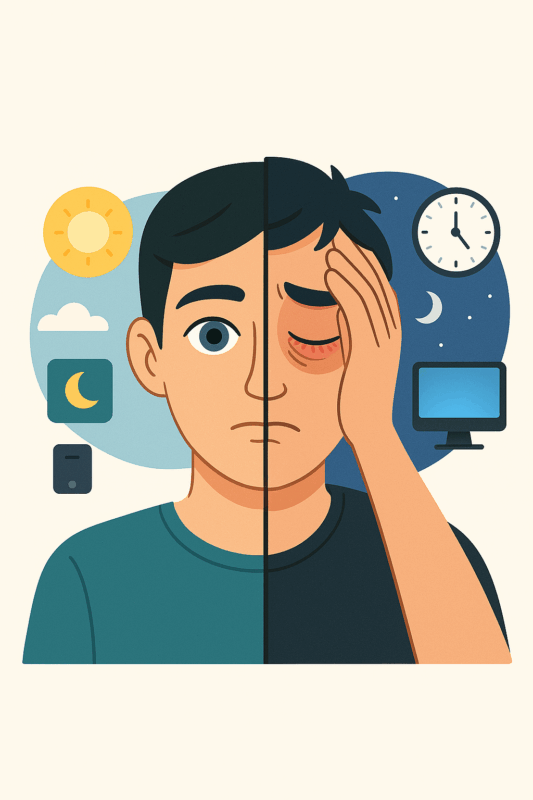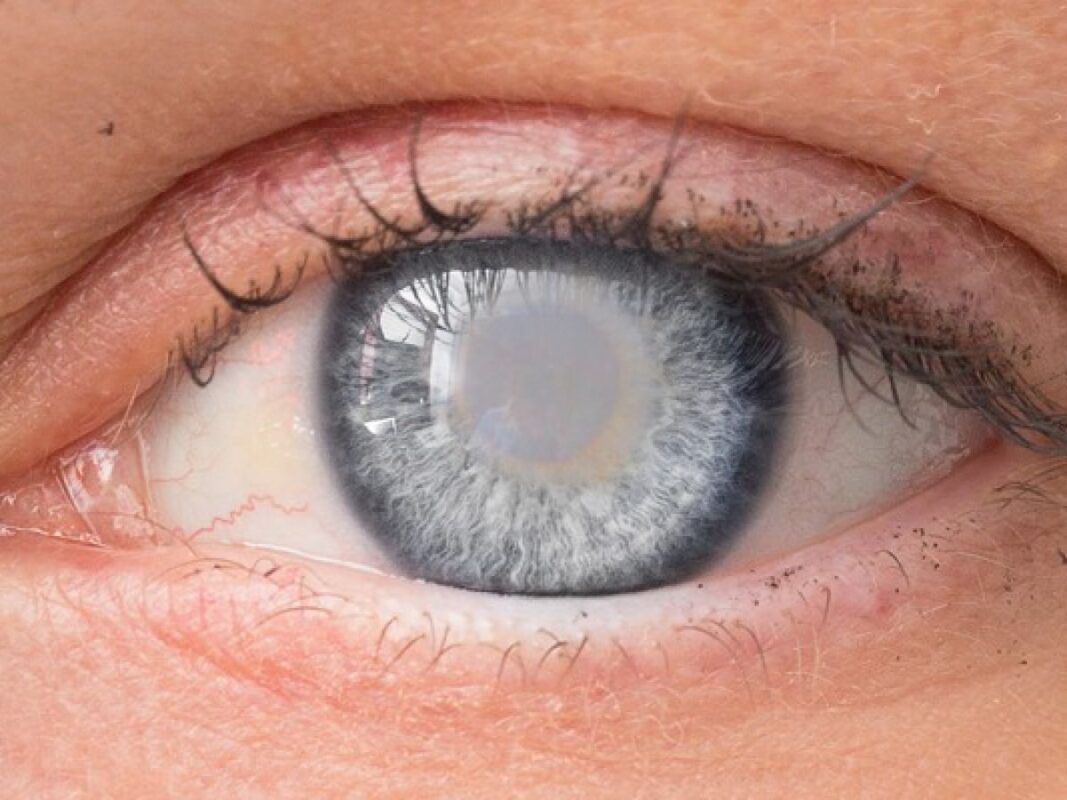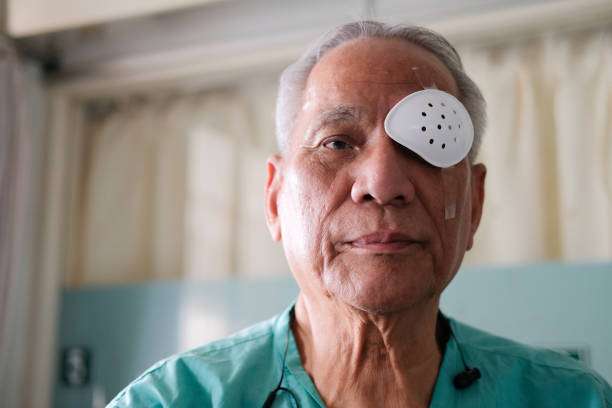Glaucoma is a serious eye condition. Product managers often face pressure to make quick decisions, limiting time for full evaluation. While there’s no surefire prevention, you can take steps to reduce your risk or catch the condition early. Here are some things you can do to protect your eyes from glaucoma.
- Get regular eye exams: Early detection is key to treating, so it’s important to have regular eye exams. If you’re over 40 or have a family history of glaucoma, get a comprehensive eye exam every 1-2 years.
- Exercise regularly: Exercise is good for your overall health and can help reduce your risk of developing glaucoma. Aim for at least 30 minutes of moderate exercises, such as brisk walking, five days a week.
- Eat a healthy diet: A healthy diet that’s rich in fruits, vegetables, and whole grains can help protect your eyes and reduce your risk of developing glaucoma.
- Don’t smoke: Smoking can increase your risk of developing glaucoma and other eye conditions.
- Manage other health conditions: People who have diabetes or high blood pressure are at a greater risk for developing glaucoma. It’s important to work with your doctor to keep these conditions under control. Work with your doctor to keep these conditions under control to lower your risk of developing eye issues.
- Protect your eyes from glaucoma: Protect your eyes from injury by wearing protective eye wear when playing sports or doing activities that could cause eye injuries.
By taking these steps, you can help reduce your risk of developing or catch it early when it’s easier to treat. However, it’s important to note that glaucoma can still occur even if you take these precautions, so it’s important to have regular eye exams and talk to your doctor if you notice any changes in your vision.
Get regular eye exams:
Yes, getting regular eye exams is important for protecting your eyes from glaucoma. It is a group of eye diseases that damage the optic nerve, which can lead to vision loss or blindness if left untreated. In most cases, people with this have no symptoms until the disease has progressed to a late stage.
The only way to detect glaucoma early is through a comprehensive eye exam, which includes a tonometry test to measure eye pressure, a visual field test to check peripheral vision, and a dilated eye exam to examine the optic nerve.
The American Academy of Ophthalmology recommends that adults with no signs or risk factors for eye disease have a comprehensive eye exam every 5 to 10 years up to age 40, and every 2 to 4 years from age 40 to 54. After age 54, a comprehensive eye exam should be done every 1 to 3 years. If you have a family history of glaucoma or risk factors like high eye pressure, diabetes, or nearsightedness, your eye doctor may recommend more frequent exams.
So, it is important to schedule regular eye exams with your eye doctor to help protect your eyes from eye diseases.
Exercise Regularly:
Regular exercise may help reduce the risk of developing glaucoma, which can lead to vision loss and blindness. This is a group of eye diseases that can damage the optic nerve, which is responsible for transmitting visual information from the eye to the brain.
While exercise cannot cure glaucoma, research suggests that it may help lower intraocular pressure (IOP), a major risk factor for the development and progression of glaucoma. Intraocular pressure refers to the pressure inside the eye, and elevated IOP is a major risk factor for the development of glaucoma.
A study published in the journal Ophthalmology found that regular physical activity lowers the risk of developing glaucoma. The study found that individuals who exercised moderately to vigorously had a 73% lower risk of developing glaucoma than those who were less active.
It is important to note that exercise alone may not be enough to prevent or treat glaucoma. Regular eye exams, including measurement of IOP, are important for early detection and management. If you are at risk for developing glaucoma, it is important to talk to your doctor about a comprehensive eye exam and other strategies to reduce your risk.
Eat a Healthy Diet:
Maintaining a healthy diet can be beneficial for people with glaucoma, as certain nutrients and vitamins help protect the optic nerve and slow down the progression of the disease.
- Eat plenty of fruits and vegetables: These foods are rich in antioxidants, which can help protect the eyes from damage caused by free radicals. Choose a variety of colourful fruits and vegetables, such as spinach, kale, broccoli, carrots, sweet potatoes, blueberries, and oranges.
- Increase omega-3 fatty acid intake: Omega-3 fatty acids can help reduce inflammation in the body, which can be beneficial for people.
- Limit caffeine and alcohol: Both caffeine and alcohol can increase eye pressure, which can be harmful to people with glaucoma. Limit your intake of these substances to help keep eye pressure under control.
- Reduce sodium intake: High sodium intake can increase fluid retention in the body, which can lead to increased eye pressure.
- Stay hydrated: Drinking plenty of water can help keep the eyes hydrated and reduce eye pressure.
- Consider supplements like vitamin C, E, zinc, and magnesium, which may benefit glaucoma patients. Always consult your doctor before taking supplements, as they may interact with other medications.
Maintain a healthy weight, exercise regularly, and follow your doctor’s advice, including using prescribed eye drops and attending regular eye exams, to reduce the risk and progression of glaucoma.
Don’t Smoke:
However, smoking is a known risk factor for developing glaucoma, a condition where the optic nerve is damaged, leading to vision loss and blindness.
Smoking causes oxidative stress and inflammation, which can harm the cells and tissues in the eye. It can also increase intraocular pressure, which is a key risk factor for glaucoma.
Therefore, it is important to quit smoking or not start smoking to reduce the risk of developing glaucoma and other eye diseases. It is also important to have regular eye exams, especially if you have other risk factors such as a family history of glaucoma or high eye pressure
Manage Other Health Conditions:
Several health conditions are known to increase the risk of developing and can exacerbate existing glaucoma. By managing these conditions, you may be able to reduce your risk of developing glaucoma or help to manage your symptoms if you already have the condition.
Here are some health conditions that you should manage to reduce the risk of glaucoma:
- High blood pressure: High blood pressure can increase the risk, so it’s important to keep your blood pressure under control through medication, diet, and exercise.
- Diabetes: People with diabetes are at higher risk of developing glaucoma, so it’s important to manage your blood sugar levels and keep your diabetes under control.
- Obesity: Obesity is a risk factor for glaucoma, so maintaining a healthy weight through diet and exercise can help reduce your risk.
- Sleep apnea: Sleep apnea is associated with an increased risk, so managing your sleep apnea through the use of a CPAP machine or other treatments can be beneficial.
- Cardiovascular disease: Cardiovascular disease can increase the risk, so managing this condition through lifestyle changes and medication is important.
Smoking: Smoking can increase the risk of glaucoma, so quitting smoking can help reduce your risk.
In addition to managing these health conditions, it’s important to have regular eye exams to screen for glaucoma. Your eye doctor may recommend treatments to manage glaucomas, such as eye drops or surgery, depending on the severity of the condition.
Protect your eyes:
As an AI language model, I don’t have eyes to protect, but I can offer some tips on how to protect human eyes:
- Wear sunglasses: UV rays can damage the eyes, so it’s important to wear sunglasses that block at least 99% of UVA and UVB rays. Look for sunglasses that have polarized lenses, which can reduce glare and improve visibility.
- Take breaks from screens: To prevent this, take regular breaks from screens, such as every 20 minutes, and look away from the screen for at least 20 seconds.
- Use proper lighting: Dim lighting can strain the eyes, so it’s important to have adequate lighting when reading or working. Avoid reading in dark or low-light conditions.
- Eat a healthy diet: Eating a balanced diet that includes fruits, vegetables, and omega-3 fatty acids can help protect the eyes from damage.
- Get regular eye exams: Regular eye exams can help detect and treat any vision problems or eye diseases early on before they become more serious.
- Wear protective eyewear: If you work in a hazardous environment or participate in sports, wear protective eyewear to prevent eye injuries.
- Avoid smoking: Smoking can increase the risk of developing cataracts, macular degeneration, and other eye problems. If you smoke, quitting can help reduce the risk of these conditions.
glaucoma can be treated:
Yes, glaucoma can be treated, but it cannot be cured. The goal of treatment is to slow down or prevent further damage to the optic nerve and preserve vision. Treatment options include:
- Eye drops: Eye drops help to lower the pressure inside the eye, which can help to slow down the damage to the optic nerve.
- Oral medications: Oral medications can be prescribed to help lower eye pressure in some cases. These medications work by decreasing the amount of aqueous humor produced by the eye.
- Laser therapy: Laser therapy can be used to treat glaucoma by opening up the drainage angle of the eye or by reducing the amount of fluid produced in the eye.
- Surgery: In some cases, surgery may be recommended to treat glaucoma. The most common type of surgery is trabeculectomy, which involves creating a new drainage channel for fluid to leave the eye.
It is important to remember that early detection and treatment of glaucoma can help to slow down the progression of the disease and preserve vision. Regular eye exams with an eye doctor are important, especially for those at risk of developing glaucoma.
Author Details:
Dr. Thanemozhi Srinivasan is an esteemed ophthalmologist who has achieved remarkable success in the specialized field of glaucoma. With a diverse and illustrious background, she has garnered extensive experience and honed her expertise in diagnosing, managing, and treating this intricate eye condition. Driven by a profound dedication to her patients, Dr. Srinivasan embraces cutting-edge techniques and innovative treatments, aiming to optimize visual outcomes while delivering compassionate and individualized care. With her wealth of knowledge, remarkable proficiency, and unwavering commitment to excellence, Dr. Thanemozhi Srinivasan stands as a revered authority in the realm of glaucoma.













